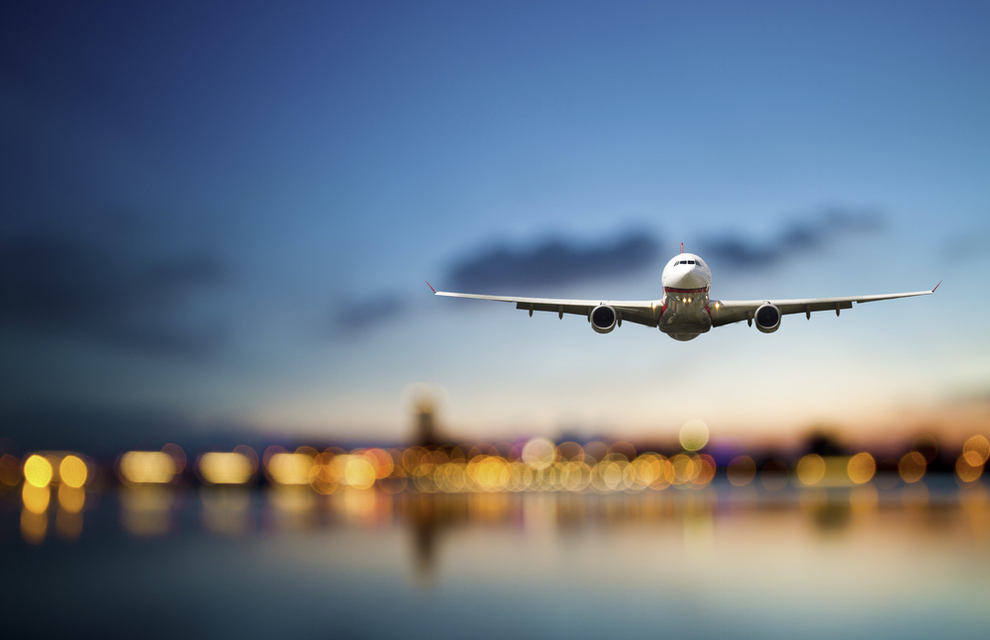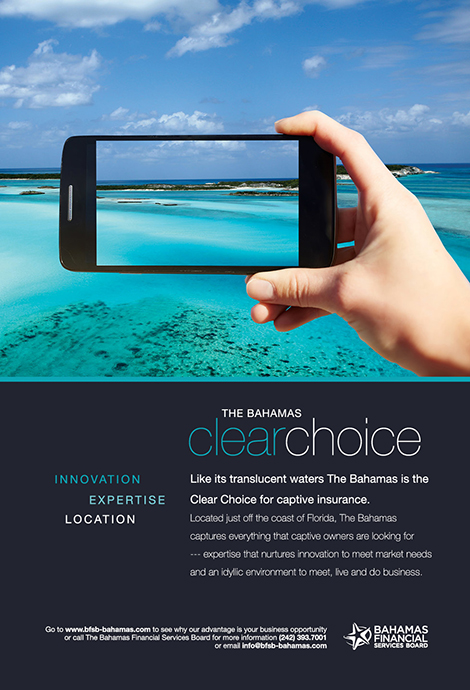A conceptual initiative for a government-mandated captive for the UK airline industry covering a second pandemic-style or other 'black swan' event has not been supported by the UK Government, according to Nigel Weyman, global executive aerospace at Gallagher Aerospace.
Weyman explained that in order to attract certain large insurers every airline ticket sold in the UK would have a £2 surcharge, generating guaranteed revenue for insurers.
The initiative was a Gallager's concept as they worked with some major insurance companies to put it together. They took this initiative to the UK Government in May.
It could have seen insurers provide cover via a special purpose vehicle, which could then be used to assist the airlines if the world faced a second wave of events that caused business interruption for the airlines.
Weyman said: “What is happening at the moment is that the airlines may just survive this event without the government and their own resources/cash reserves. However, if there was a second event and they had not had time to rebuild their cash resources they would need help. This insurance backed initiative was designed to give them the cash they would need to deal with grounded operations and avoid the need for the government to step in.”
Although the idea was backed by many in the aviation industry, the UK Government has not approved it. He commented: “The insurance industry is trying to work with both the airline industry and the government to find a solution. The problem may be that the government is loath to find a solution for an individual industry and be accused of favouring the airline industry over others, so they will probably instead try to find a solution for all industries.”
Weyman said although it was “frustrating” the idea was not “a complete waste of time” as the concept does demonstrate the insurance industry is keen to help and is willing to be innovative in order to do so.
He commented: “If it did get traction, they may plagiarise some of our ideas to make something that might help the UK airline industry. We are concerned about this being copied as we are all about pooling ideas to come up with helpful solutions.”
Weyman explained airlines that currently do not have a captive, might consider setting one up as preparedness for whatever lies ahead.
He suggested that there is currently a lot of interest around non-damage business interruptions coverage and COVID-19 and questions if a captive is the answer for businesses.
“Yes, a captive could work quite well in that situation if you convene retention with possible capital available in the insurance market,” however, “in reality the sums insured needed to be meaningful cover are so massive, most companies cannot find a way to earmark that into their captive”.
Weyman said: “An average-sized UK airline may need £2 billion to £3 billion in coverage for a COVID-type event, and captives do not usually get into the billions.”
He added: “You must also spend years filling it with capital to get to those sorts of numbers. In a theoretical sense, a captive would be a good place for that, but in a practical sense, the ability to provide the sort of coverage they need is, I believe, beyond those captives.”
Reflecting on other work that he’s doing, Weyman noted: “The market is looking at the possibility of a 'Pandemic Re' (similar in concept to Pool Re that backs insurance for flood-prone areas) to provide a broader solution than just aviation.”






